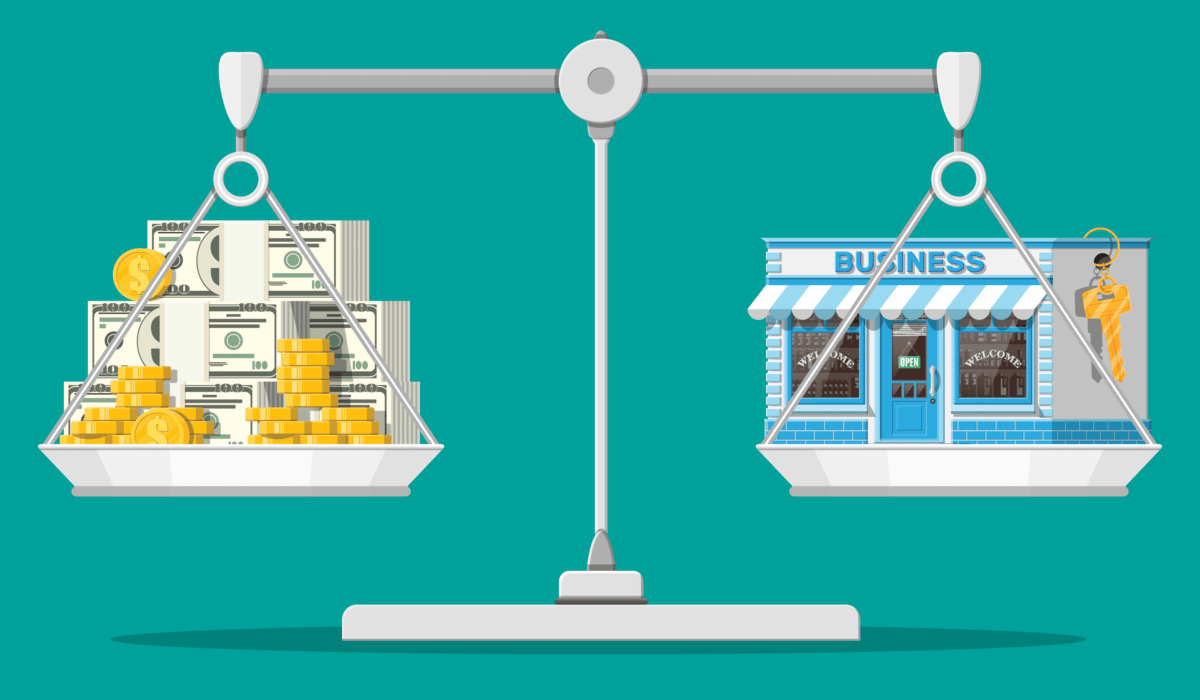Understanding Goodwill Business Meaning: A Comprehensive Guide
The concept of goodwill in business is often misunderstood and can be a source of confusion for many entrepreneurs and investors alike. Goodwill represents the intangible value of a business that goes beyond its physical assets. It comprises elements such as brand reputation, customer relationships, and employee loyalty, which can significantly influence a company’s overall worth. In today’s competitive market, understanding goodwill business meaning is crucial for making informed decisions regarding acquisitions, mergers, or even evaluating your own business's health.
When a business is sold, the purchase price often includes not just the tangible assets like machinery or inventory but also this intangible asset known as goodwill. This article aims to demystify the goodwill business meaning, providing you with insights into how it is calculated, why it matters, and its implications for business transactions. As we delve deeper, you will discover how goodwill can serve as a strong indicator of a company's potential for growth and sustainability.
Whether you are a seasoned entrepreneur or a budding business owner, having a firm grasp of goodwill and its implications can enhance your strategic planning and decision-making processes. Let's explore the various dimensions of goodwill and how it plays a pivotal role in business valuation and overall success.
What is Goodwill in Business?
Goodwill is an intangible asset that reflects the value of a company's brand, customer relationships, employee relations, and overall reputation in the market. Unlike physical assets, goodwill cannot be seen or touched; it represents the premium that a buyer might be willing to pay for a company above its tangible assets.
How is Goodwill Calculated?
Goodwill is typically calculated during a business acquisition. The formula to determine goodwill is:
- Goodwill = Purchase Price - Fair Market Value of Net Assets
Where net assets include all tangible and intangible assets minus liabilities. Understanding how to calculate goodwill is essential for both buyers and sellers, as it influences negotiation strategies and expectations during business transactions.
Why is Goodwill Important in Business Transactions?
Goodwill plays a critical role in business transactions for several reasons. Firstly, it can significantly affect the valuation of a company. A strong brand and loyal customer base can justify a higher purchase price, while a company with poor goodwill might be valued less than its tangible assets alone. Secondly, goodwill can indicate a company's future earnings potential, making it a vital consideration for investors and stakeholders.
What Factors Contribute to Goodwill?
Several factors contribute to the goodwill of a business, including:
- Brand Recognition: A well-established brand often commands a premium.
- Customer Loyalty: Repeat customers can enhance a business's goodwill.
- Employee Relations: A loyal and skilled workforce can add to the overall value.
- Market Position: A strong competitive position can boost goodwill.
How Does Goodwill Affect Business Valuation?
Goodwill is a key component of a company's valuation. Investors and buyers often assess goodwill to determine the potential upside of an acquisition. A high level of goodwill can indicate a strong market position, leading to higher future earnings. Conversely, low or negative goodwill can signal underlying issues that may hinder a business's growth.
What is the Goodwill Business Meaning in Mergers and Acquisitions?
In mergers and acquisitions, understanding goodwill business meaning is crucial. It can affect negotiations, as both parties may have differing perceptions of what constitutes goodwill. Buyers typically seek to maximize goodwill to ensure a favorable purchase price, while sellers aim to accurately represent their company's worth.
What Happens to Goodwill After a Business is Sold?
Once a business is sold, the treatment of goodwill can vary based on accounting practices. In many cases, the goodwill recognized at the time of sale remains on the buyer’s balance sheet and is subject to periodic impairment tests. If the acquired business does not perform as expected, the buyer may need to write down the goodwill, impacting their financial statements.
Can Goodwill be Amortized or Impaired?
Goodwill is not amortized like other intangible assets. Instead, it is tested annually for impairment. If the fair value of the reporting unit is less than its carrying amount, including goodwill, an impairment loss is recognized. This process ensures that a company's financial statements accurately reflect its current value.
How Can Businesses Enhance Their Goodwill?
Enhancing goodwill requires a strategic approach. Here are some effective strategies:
- Invest in Customer Relationships: Foster loyalty through excellent service and engagement.
- Build a Strong Brand: Consistently deliver quality products and services.
- Develop Employee Satisfaction: A motivated workforce can improve overall business performance.
- Engage in Community Involvement: Positive community relations can enhance brand reputation.
Conclusion: The Significance of Goodwill Business Meaning
In conclusion, understanding the goodwill business meaning is essential for anyone involved in the business world. It serves as a vital indicator of a company's intangible value, influencing buy and sell decisions as well as overall business strategy. By recognizing the factors that contribute to goodwill and actively working to enhance it, business owners can improve their market position and ensure long-term success.
As we navigate an increasingly competitive landscape, the importance of goodwill cannot be overstated. It not only affects business transactions but also reflects the broader relationships that a company establishes with its customers, employees, and the community at large. Therefore, investing in goodwill is not just a financial decision but a strategic one that can yield significant returns in the future.
Mastering The Calculation Of IRR Using A Financial Calculator
Understanding Perfect Information In Perfect Competition
Mastering Postman: How To Send JSON Data Efficiently
:max_bytes(150000):strip_icc()/Goodwill-Definition-6b68b9485c394cb185b3097a8558a25e.jpg)
Goodwill Accounting

Goodwill (Accounting) What It Is, How It Works, How To, 43 OFF

What is goodwill? How it affects accounting when selling a business